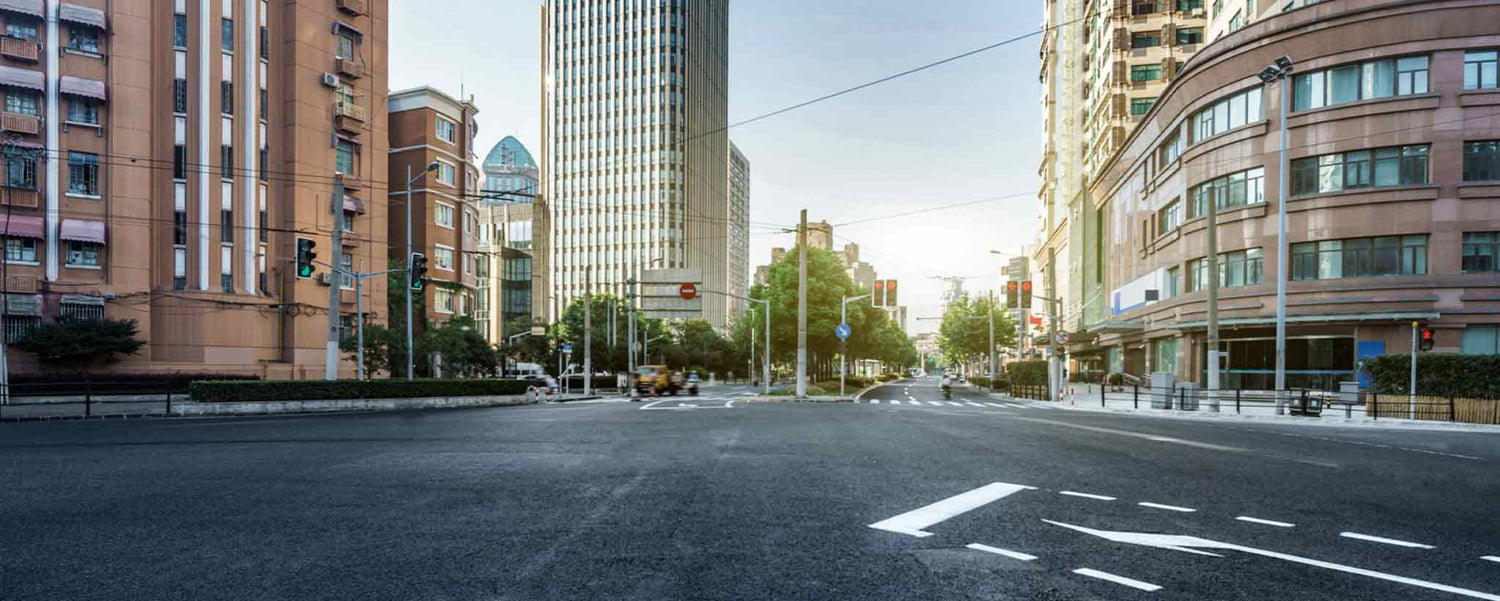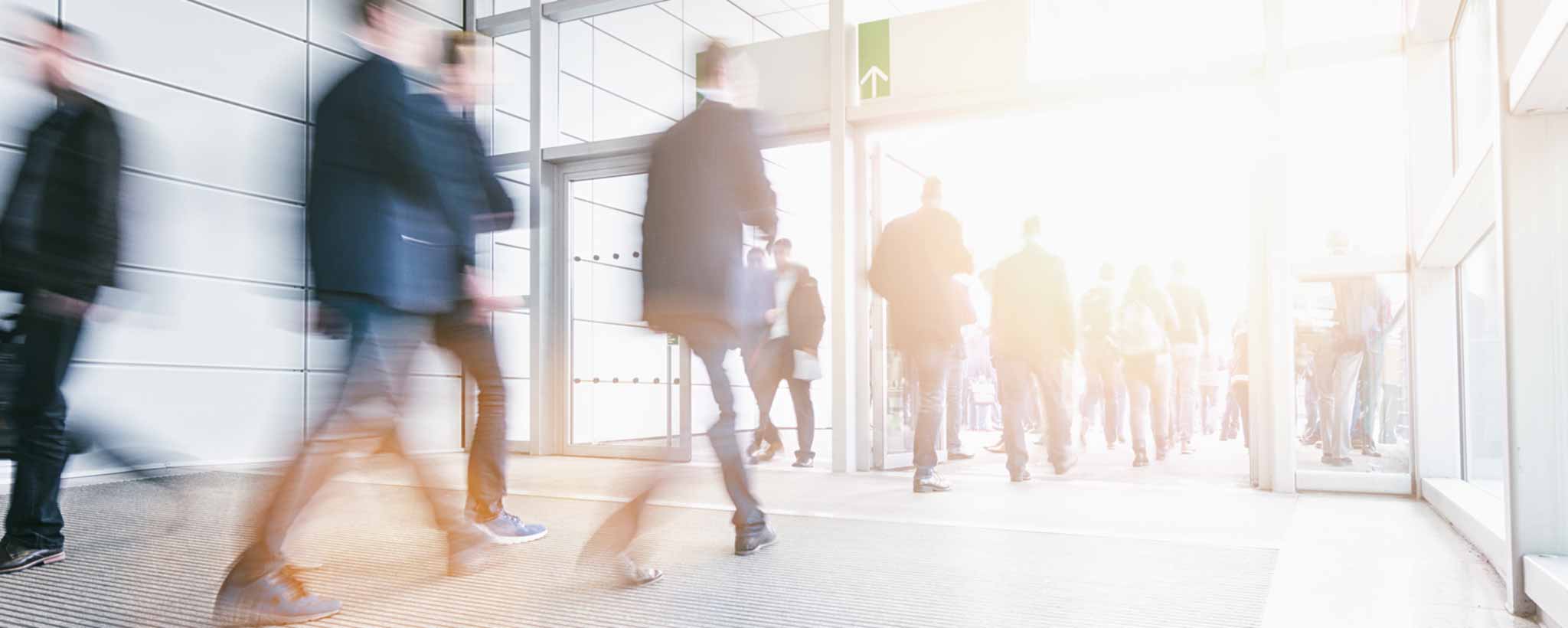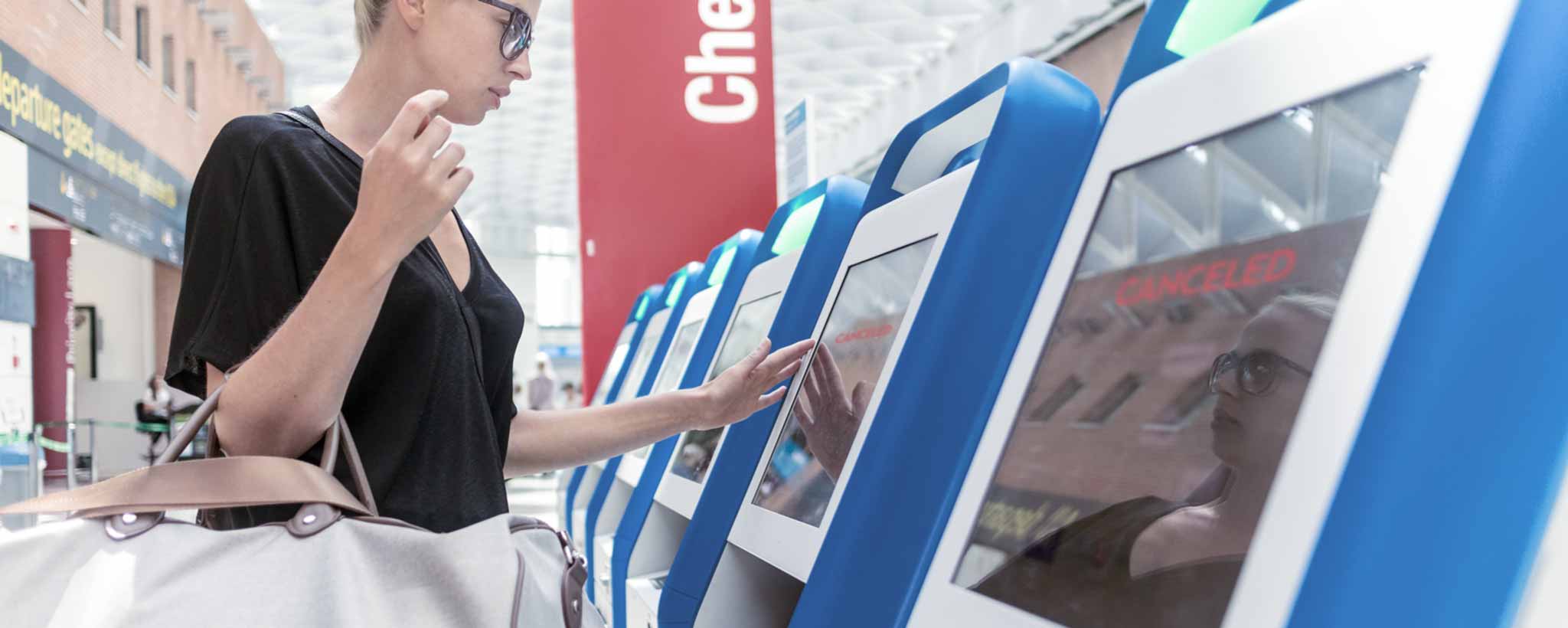California Restricts Social Activity
At midnight on March 19, 2020 California Governor Gavin Newsom issued the first statewide shelter-in-place order within the United States. This is essentially an expansion of Northern California Bay Area restrictions. Other cities and counties have similarly ordered more or less restrictive orders in response to COVID-19. Until further notice, the statewide decree is not law-enforceable, whereas Monterey County is more explicit and punishable as a misdemeanor.
Essential services are exempted. So healthcare workers and first responders are still functioning. Pharmacies, banks, grocery stores, gas stations, and laundromats, are open for business. Restaurants are permitted to remain open only for delivery services. Companies that maintain the functionality of residences, like electricity, plumbing, construction, trash collection, and home delivery, can operate. Critical infrastructure sectors remain functional.
There are 16 critical infrastructure sectors whose assets, systems, and networks, whether physical or virtual, are considered so vital to the United States that their incapacitation or destruction would have a debilitating effect on security, national economic security, national public health or safety, or any combination thereof. Presidential Policy Directive 21 (PPD-21):
- Chemical Sector
- Commercial Facilities Sector
- Communications Sector
- Critical Manufacturing Sector
- Dams Sector
- Defense Industrial Base Sector
- Emergency Services Sector
- Energy Sector
- Financial Services Sector
- Food and Agriculture Sector
- Government Facilities Sector
- Healthcare and Public Health Sector
- Information Technology Sector
- Nuclear Reactors, Materials and Waste Sector
- Transportation Systems Sector
- Water and Wastewater Systems Sector
Residents may leave their homes to shop for groceries, wash their clothes, take a walk, or go to work providing essential services. Because you may still shop while maintaining 6-foot social distancing rules or have items delivered, there is no need to hoard supplies. Non-essential businesses are either closed or moving activities online. This includes but is not limited to restaurants, bars, gyms, and convention centers.
Impact on ClinicalPosters
In an online capacity, providing essential tools to the medical education community, ClinicalPosters continues to fulfill orders with available stock. Since third-party suppliers may be under similar or more restrictive ordinances, special-order items may be delayed indefinitely. Make certain the address you provide during checkout has someone there to receive packages.
References
- California orders its nearly 40 million residents to stay home to prevent the spread of coronavirus. cnn.com/2020/03/19/us/california-coronavirus-stay-home-order/index.html
- Gov. Newsom expands Bay Area shelter-in-place to all of California. mercurynews.com/2020/03/19/gov-newsom-expands-bay-area-shelter-in-place-to-all-of-california/
- Stay home except for essential needs. covid19.ca.gov/stay-home-except-for-essential-needs/
- What is and isn't allowed during a 'shelter-in-place' order. cnn.com/2020/03/17/us/shelter-in-place-coronavirus-trnd/index.html
- California hits 17 deaths as L.A. County confirms 46 new coronavirus cases. latimes.com/california/story/2020-03-18/coronavirus-has-8-million-californians-under-shelter-in-place-orders
- Everything you need to know about the shelter-in-place order in Monterey County. montereycountyweekly.com
- Critical Infrastructure Sectors. cisa.gov/critical-infrastructure-sectors
- Here's what you can expect to get from the government coronavirus relief. cnn.com/2020/03/20/politics/what-matters-congressional-stimulus-packages/index.html




